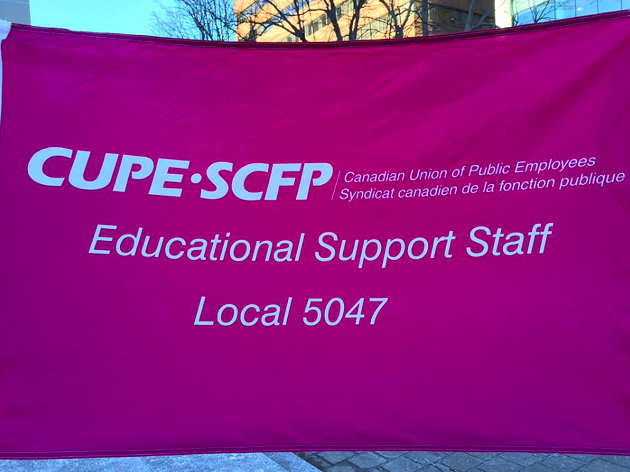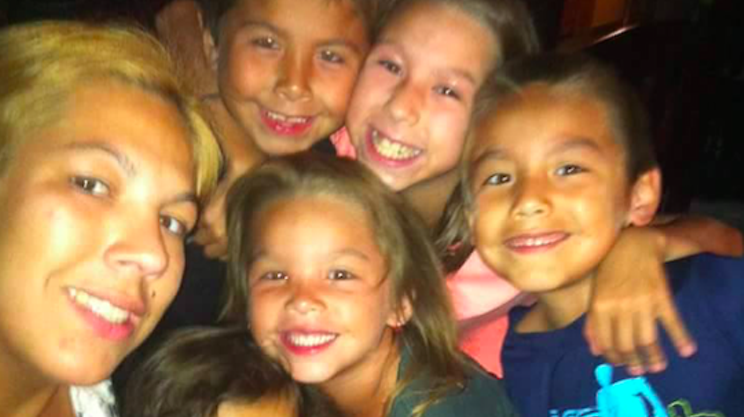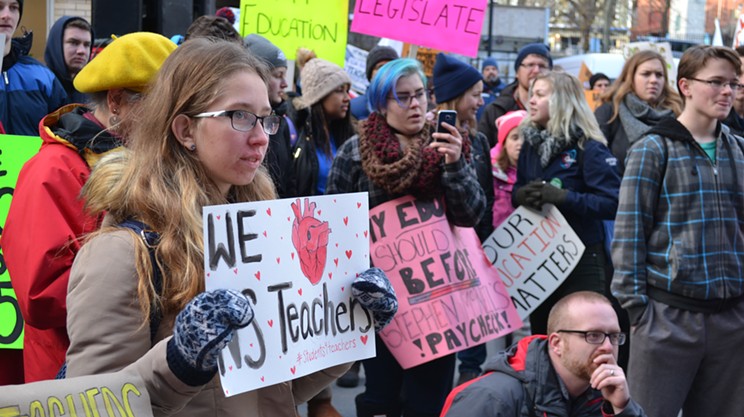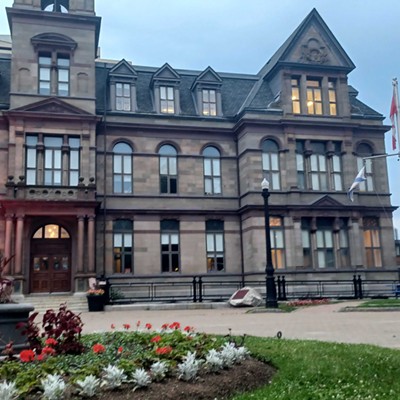
Educational support workers in HRM are standing in solidarity with the Nova Scotia Teachers Union (NSTU), while at the same time bargaining with the Halifax Regional School Board (HRSB) for a new collective agreement of their own.
Canadian Union of Public Employees (CUPE) local 5047 president Chris Melanson says school board employees in his union won’t be performing any additional duties to compensate for the NSTU’s ongoing work-to-rule.
“We support the NSTU job action,” he says. “We’re not looking for any of 5047’s members to do any struck work.”
Local 5047 represents more than 800 (HRSB) employees who work as early childhood educators, educational program assistants, library support specialists, community outreach workers and student support workers.
Those members have been working off an expired collective agreement since 2014. Melanson says the union and HRSB have only recently sat down at the bargaining table, but he contends two years is not an unheard of amount of time to draw up a new contract.
“We get engaged in the process and that’s the way that goes,” he says. “Some times things move along quicker than others.”
The last collective agreement for CUPE 5047 was approved in 2013, just months before it was set to expire. The contract for Nova Scotia’s 9,300 public school teachers, in comparison, expired in 2015 but the much-larger NSTU was still able to work out a (rejected) tentative agreement in less than a year.
Then again, holding up the NSTU bargaining process as an example of efficiency should probably be cautioned against given the clusterfuck of last week’s school closures.
Melanson says he was “wowed” by the Department of Education’s response last week to close schools on short notice and rush into law a bill imposing an agreement on teachers. The Liberal party backtracked on both ideas 48 hours later.
“It was good to see that the government responded to what seemed like a very big public outcry,” says Melanson.
In a statement released last Friday, CUPE Nova Scotia blasted the McNeil government for its handling of that labour crisis.
“Shame on the McNeil Government for not listening to parents, students, teachers and union members. Their thoughtless actions caused considerable upset and frustration to thousands of Nova Scotia families,” writes CUPE NS president Nan McFadgen.
Members of the Nova Scotia General Employees Union (NSGEU) are also standing by the teachers union. The NSGEU’s 7,300 members are voting this week on their own tentative agreement. Those results won’t be known until Wednesday, but union leaders have recommended voting members reject the offer in solidarity with the NSTU.


















